 Nathanson, Schachter & Thompson LLP is proud to announce that Mark Oulton has been appointed King’s Counsel by the Lieutenant-Governor in Council, on the recommendation of the Attorney General of British Columbia. Mark was called to the bar in 2000 and is a leader in forestry and natural resource law, appearing regularly as counsel before the Forest Appeals Commission, all levels of the British Columbia Courts and the Supreme Court of Canada. Mark Oulton has long been recognized as one of B.C.’s leading public law, natural resource and commercial law barristers. His unique background has allowed him to develop a multi-disciplinary litigation practice that sits at the intersection of forestry, commercial and Indigenous law, and engages challenging and important issues at the centre of reconciliation and its intersection with the provincial economy. Only 7% of practicing B.C. lawyers can be awarded the designation of KC.
Nathanson, Schachter & Thompson LLP is proud to announce that Mark Oulton has been appointed King’s Counsel by the Lieutenant-Governor in Council, on the recommendation of the Attorney General of British Columbia. Mark was called to the bar in 2000 and is a leader in forestry and natural resource law, appearing regularly as counsel before the Forest Appeals Commission, all levels of the British Columbia Courts and the Supreme Court of Canada. Mark Oulton has long been recognized as one of B.C.’s leading public law, natural resource and commercial law barristers. His unique background has allowed him to develop a multi-disciplinary litigation practice that sits at the intersection of forestry, commercial and Indigenous law, and engages challenging and important issues at the centre of reconciliation and its intersection with the provincial economy. Only 7% of practicing B.C. lawyers can be awarded the designation of KC.
Government of British Columbia: Outstanding B.C. lawyers receive King’s Counsel designation

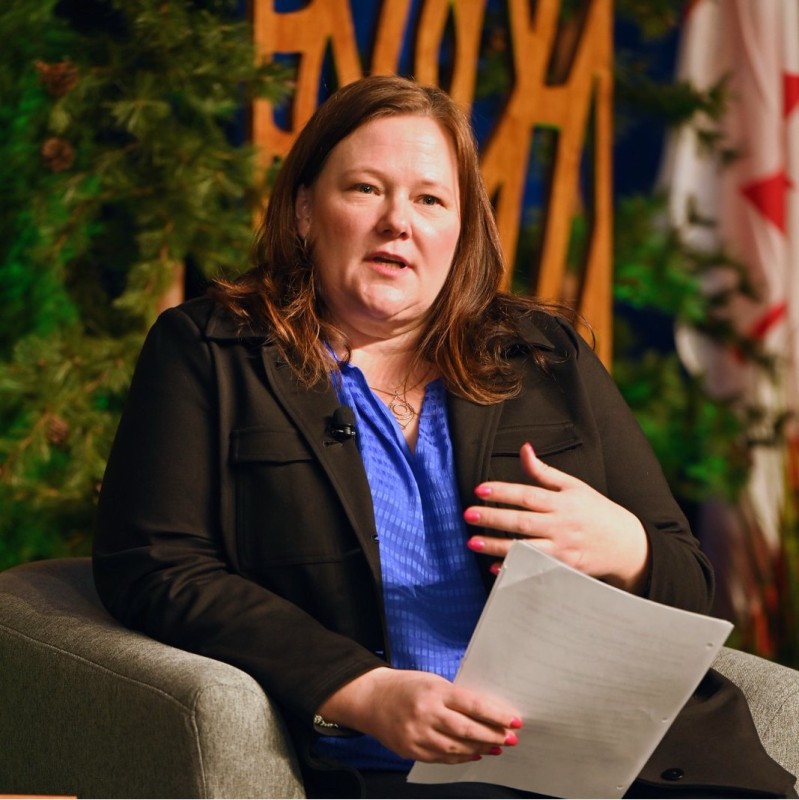

 Members of the newly formed Provincial Forest Advisory Council are tasked with providing recommendations to government on advancing forest stewardship, while supporting communities and workers that rely on forests. Under the Cooperation and Responsible Government Accord 2025, the B.C. government and BC Green caucus have established the Provincial Forest Advisory Council. The council will provide recommendations to government to ensure there are clear and measurable outcomes that support a healthy forests, healthy ecosystems and a healthy forestry sector. …The council will consult with industry partners, such as the Provincial Forestry Forum and ecological, environmental and biodiversity experts, to engage the public for feedback and honour commitments to work in partnership with First Nations. …The council brings together forestry sector leaders that have been jointly appointed by the BC NDP and Green caucuses. The council will provide an interim report this fall, with a final report expected by the end of 2025.
Members of the newly formed Provincial Forest Advisory Council are tasked with providing recommendations to government on advancing forest stewardship, while supporting communities and workers that rely on forests. Under the Cooperation and Responsible Government Accord 2025, the B.C. government and BC Green caucus have established the Provincial Forest Advisory Council. The council will provide recommendations to government to ensure there are clear and measurable outcomes that support a healthy forests, healthy ecosystems and a healthy forestry sector. …The council will consult with industry partners, such as the Provincial Forestry Forum and ecological, environmental and biodiversity experts, to engage the public for feedback and honour commitments to work in partnership with First Nations. …The council brings together forestry sector leaders that have been jointly appointed by the BC NDP and Green caucuses. The council will provide an interim report this fall, with a final report expected by the end of 2025. 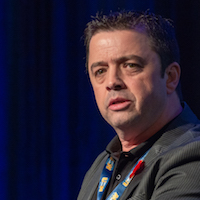


 Kitselas First Nation is expanding its role in the forestry sector with the purchase of a new forest tenure from A&A Trading Ltd. The deal includes Forest License A16836 and Road Permit RP16688, giving Kitselas an annual allowable cut of just over 10,000 cubic metres. The total purchase price was just under $1.58 million and was approved by Chief and Council in July 2024. The acquisition is supported by Kitselas Development Corporation and Kitselas Forestry LP. An initial $800,000 was transferred to Kitselas in 2024, with the potential for a second distribution to fully cover the purchase. This move strengthens Kitselas’ economic position and gives the Nation more control over its lands and resources. Kitselas Forestry LP will manage the new tenure alongside existing operations, maintaining partnerships with trusted industry players.
Kitselas First Nation is expanding its role in the forestry sector with the purchase of a new forest tenure from A&A Trading Ltd. The deal includes Forest License A16836 and Road Permit RP16688, giving Kitselas an annual allowable cut of just over 10,000 cubic metres. The total purchase price was just under $1.58 million and was approved by Chief and Council in July 2024. The acquisition is supported by Kitselas Development Corporation and Kitselas Forestry LP. An initial $800,000 was transferred to Kitselas in 2024, with the potential for a second distribution to fully cover the purchase. This move strengthens Kitselas’ economic position and gives the Nation more control over its lands and resources. Kitselas Forestry LP will manage the new tenure alongside existing operations, maintaining partnerships with trusted industry players.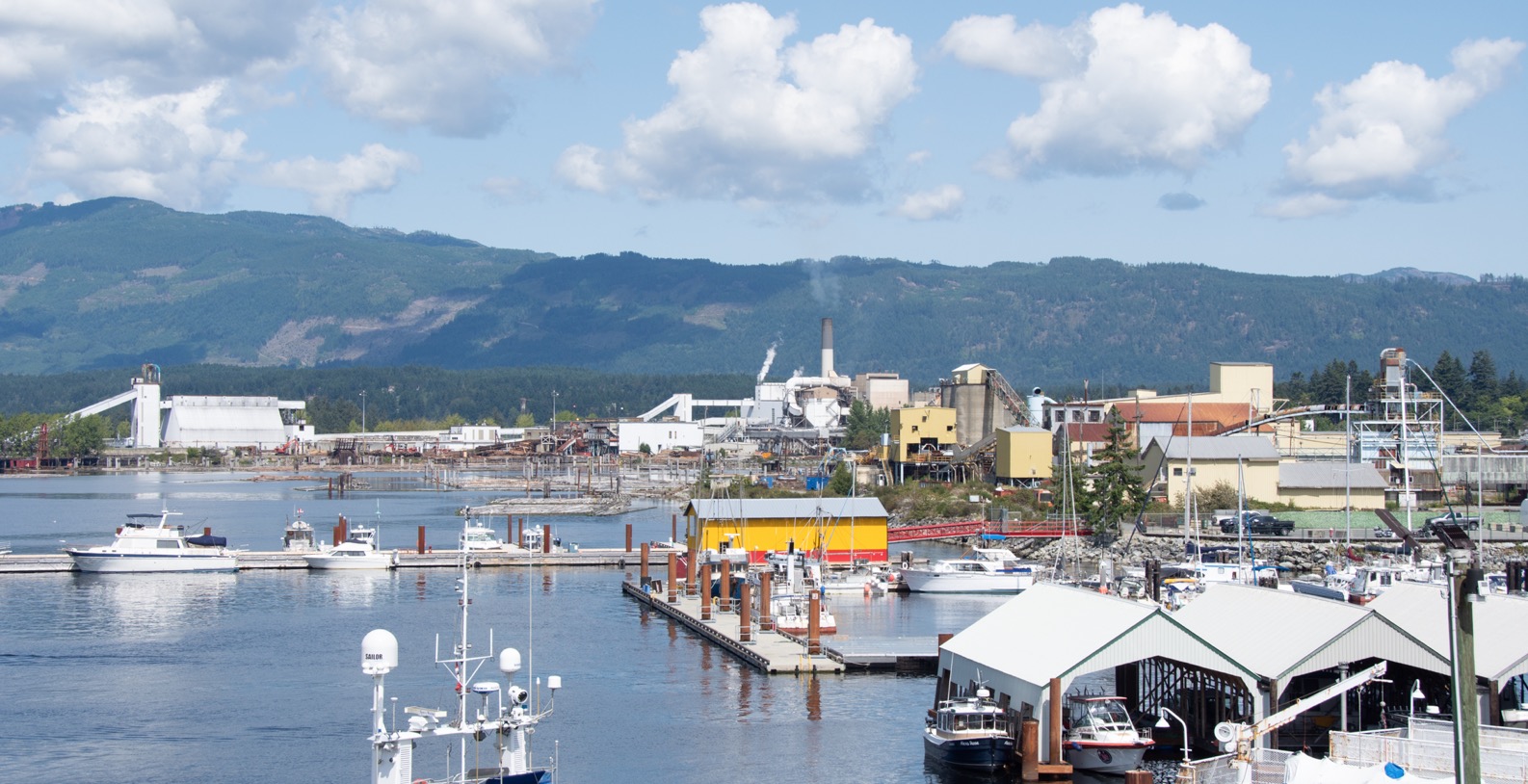 PORT ALBERNI, BC — An ambitious project to redevelop Western Forest Products former Somass mill site on the Port Alberni waterfront is moving forward, infusing fresh hope in a city hit hard by the challenges dogging the coastal forest industry. …“Exciting times for the City of Port Alberni moving forward and getting to revision an old mill site,” said Mike Fox, chief administrative officer with Port Alberni. …The amenities are needed. …The need for new housing is likely to grow as new businesses bring jobs to replace those lost by troubles in the forest sector. San Group, once Port Alberni’s key employer, filed for creditor protection last November, but the Amix Group and Canadian Maritime Engineering Ltd. are looking to expand. …Amix Marine Services recently bought 45 acres from Western Forest Products Ltd. for $7.3 million for a new marine terminal and will make Port Alberni its home port.
PORT ALBERNI, BC — An ambitious project to redevelop Western Forest Products former Somass mill site on the Port Alberni waterfront is moving forward, infusing fresh hope in a city hit hard by the challenges dogging the coastal forest industry. …“Exciting times for the City of Port Alberni moving forward and getting to revision an old mill site,” said Mike Fox, chief administrative officer with Port Alberni. …The amenities are needed. …The need for new housing is likely to grow as new businesses bring jobs to replace those lost by troubles in the forest sector. San Group, once Port Alberni’s key employer, filed for creditor protection last November, but the Amix Group and Canadian Maritime Engineering Ltd. are looking to expand. …Amix Marine Services recently bought 45 acres from Western Forest Products Ltd. for $7.3 million for a new marine terminal and will make Port Alberni its home port. Are you passionate about technology and forestry? Join our team at Phoenix Connect (a division of DR Systems) and help shape the future of forest operations. We’re looking for a Client Experience Lead to support the growth of our SaaS platform and work closely with clients to optimize their forest management practices. This dynamic role blends innovation, client service, and environmental stewardship—working alongside a collaborative and motivated team. As the Client Experience Lead, you’ll contribute directly to the evolution of Phoenix Connect—bringing fresh ideas, solving real-world challenges, and making a tangible impact. This position can be based remotely, though our head office is located in Nanaimo, BC. Phoenix Connect is a cloud-based platform designed specifically for the forestry sector. It brings together all aspects of forest management—planning, operations, reporting, and compliance—into one seamless system. Phoenix helps forestry professionals make informed decisions, stay compliant with regulations, and manage their operations more efficiently. Phoenix Connect is shaping the future of sustainable forest management.
Are you passionate about technology and forestry? Join our team at Phoenix Connect (a division of DR Systems) and help shape the future of forest operations. We’re looking for a Client Experience Lead to support the growth of our SaaS platform and work closely with clients to optimize their forest management practices. This dynamic role blends innovation, client service, and environmental stewardship—working alongside a collaborative and motivated team. As the Client Experience Lead, you’ll contribute directly to the evolution of Phoenix Connect—bringing fresh ideas, solving real-world challenges, and making a tangible impact. This position can be based remotely, though our head office is located in Nanaimo, BC. Phoenix Connect is a cloud-based platform designed specifically for the forestry sector. It brings together all aspects of forest management—planning, operations, reporting, and compliance—into one seamless system. Phoenix helps forestry professionals make informed decisions, stay compliant with regulations, and manage their operations more efficiently. Phoenix Connect is shaping the future of sustainable forest management.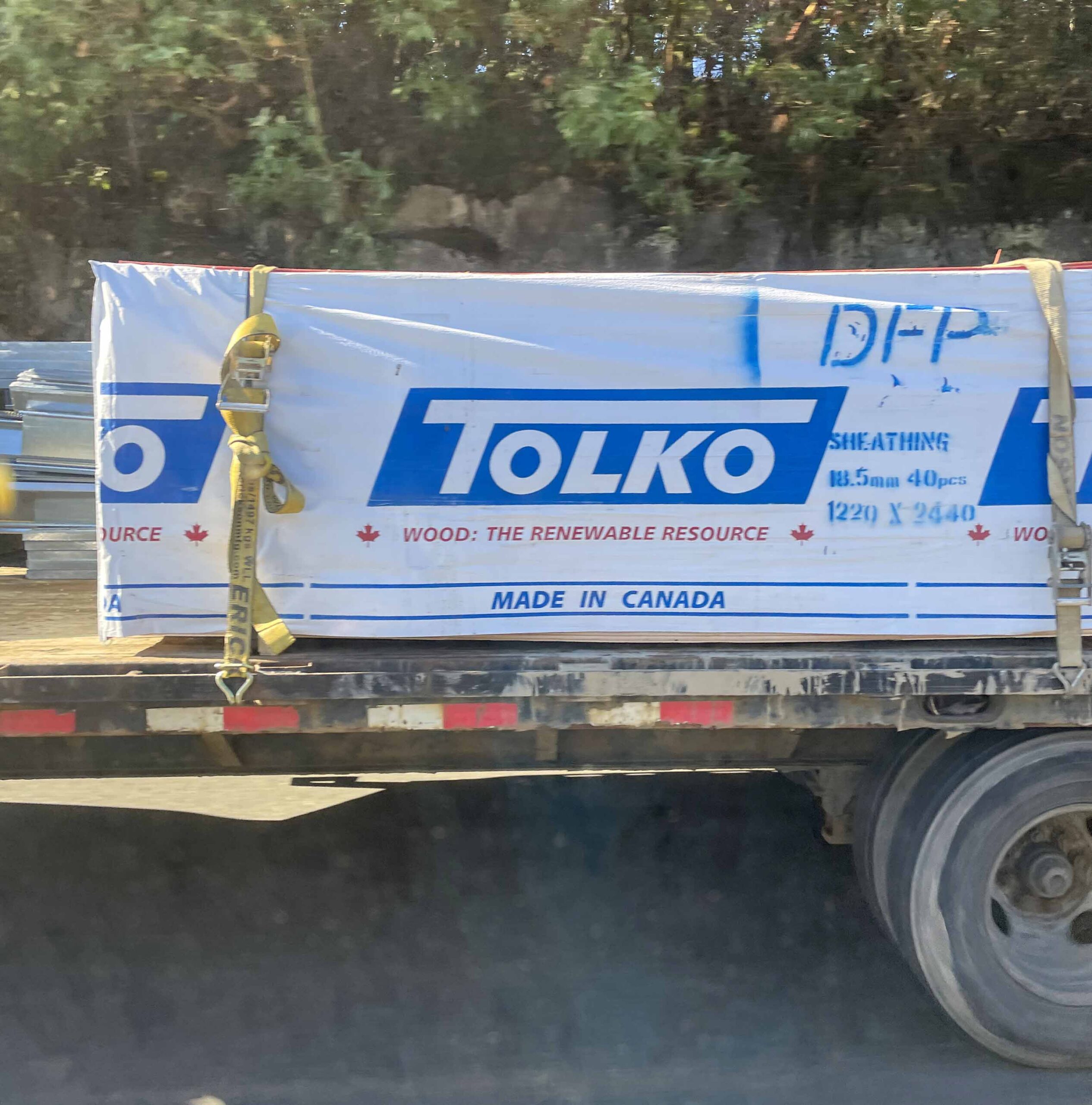 A lack of economical fibre will result in downtime at a pair of North Okanagan Tolko operations. Plants in Armstrong and at White Valley, near Lumby, will take approximately one week of downtime beginning as early as May 12 at Armstrong Lumber, and May 15 at White Valley. Employees have been notified. “BC regulatory and policy burden continues to impact the availability and accessibility of economic fibre,” said the Vernon-based company in an email. “We’re actively managing our log inventory, and the logs we have available are being deliberately directed to mills to make products where we can deliver the most value — accelerating our production of specialty, value-added (plywood, veneer and lamstock) and engineered wood products. “We recognize the impact this has on our employees and their families, and we will continue to provide as much notice as possible to help them manage through this uncertainty.”
A lack of economical fibre will result in downtime at a pair of North Okanagan Tolko operations. Plants in Armstrong and at White Valley, near Lumby, will take approximately one week of downtime beginning as early as May 12 at Armstrong Lumber, and May 15 at White Valley. Employees have been notified. “BC regulatory and policy burden continues to impact the availability and accessibility of economic fibre,” said the Vernon-based company in an email. “We’re actively managing our log inventory, and the logs we have available are being deliberately directed to mills to make products where we can deliver the most value — accelerating our production of specialty, value-added (plywood, veneer and lamstock) and engineered wood products. “We recognize the impact this has on our employees and their families, and we will continue to provide as much notice as possible to help them manage through this uncertainty.”
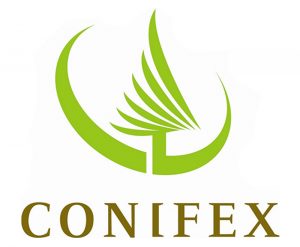 VANCOUVER, BC — Conifex Timber reported results for the first quarter ended March 31, 2025. EBITDA was $4.9 million for the quarter compared to EBITDA of negative $2.1 million in the fourth quarter of 2024 and negative $0.5 million in the first quarter of 2024. Net income was $0.6 million for the quarter versus net loss of $7.8 million in the previous quarter and negative $4.5 million in the first quarter of 2024. …lumber production in the first quarter of 2025 totalled approximately 46.3 million board feet, representing operating rates of approximately 77% of annualized capacity. …Power Plant sold 47.6 GWh of electricity under our EPA with BC Hydro in the first quarter of 2025 representing approximately 88% of targeted operating rates.
VANCOUVER, BC — Conifex Timber reported results for the first quarter ended March 31, 2025. EBITDA was $4.9 million for the quarter compared to EBITDA of negative $2.1 million in the fourth quarter of 2024 and negative $0.5 million in the first quarter of 2024. Net income was $0.6 million for the quarter versus net loss of $7.8 million in the previous quarter and negative $4.5 million in the first quarter of 2024. …lumber production in the first quarter of 2025 totalled approximately 46.3 million board feet, representing operating rates of approximately 77% of annualized capacity. …Power Plant sold 47.6 GWh of electricity under our EPA with BC Hydro in the first quarter of 2025 representing approximately 88% of targeted operating rates. 
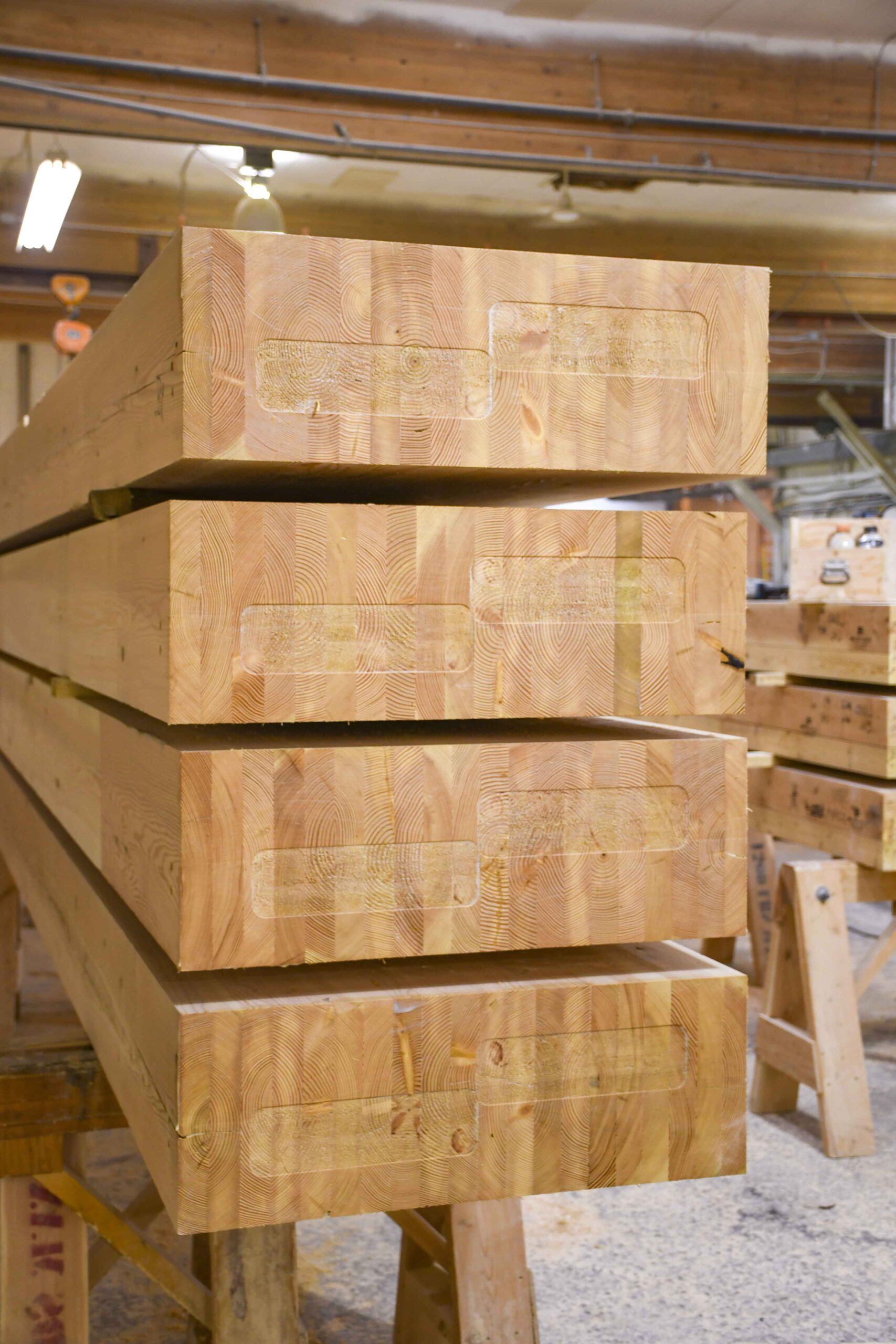 We are taking a look at developments throughout the Kootenay region. All of these developments are in the planning, permitting stage or development is underway. …Castlegar: Kalesnikoff Mass Timber Project Completion In Sight — Completion is in sight for one of West Kootenay’s biggest projects. Last year the BC government’s Manufacturing Jobs Fund (BCMJF) contributed some $6.7 million to assist Kalesnikoff Mass Timber Inc. to expand by establishing a new prefabricated mass-timber and cross-laminated timber modularized building facility, and purchasing new machinery to drive production of building components that will be used for rapid housing construction. The $34 million Mass Timber facility will create 90 jobs… This is the third Kalesnikoff operation in the region. Nelson: Spearhead Timberworks Set to Expand – Spearhead Timberworks, recently received a $7.5-million grant from the B.C government to expand its North Shore facility. The new facility will allow it to upgrade and increase production of its own custom glue-laminated timber.
We are taking a look at developments throughout the Kootenay region. All of these developments are in the planning, permitting stage or development is underway. …Castlegar: Kalesnikoff Mass Timber Project Completion In Sight — Completion is in sight for one of West Kootenay’s biggest projects. Last year the BC government’s Manufacturing Jobs Fund (BCMJF) contributed some $6.7 million to assist Kalesnikoff Mass Timber Inc. to expand by establishing a new prefabricated mass-timber and cross-laminated timber modularized building facility, and purchasing new machinery to drive production of building components that will be used for rapid housing construction. The $34 million Mass Timber facility will create 90 jobs… This is the third Kalesnikoff operation in the region. Nelson: Spearhead Timberworks Set to Expand – Spearhead Timberworks, recently received a $7.5-million grant from the B.C government to expand its North Shore facility. The new facility will allow it to upgrade and increase production of its own custom glue-laminated timber.  Professionals working in the lumber and sawmill sector and looking to advance their careers can gain specialized training through BCIT’s Associate Certificate in Industrial Wood Processing, starting June 2025. The IWP program was developed with industry subject matter experts and informed by industry leaders to support upskilling and professional development within the sector. The program is 1-year, delivered online and part-time to allow students to balance work and studies. What sets the program apart is the expertise behind the scenes—seasoned instructors who bring decades of hands-on experience from across North America.
Professionals working in the lumber and sawmill sector and looking to advance their careers can gain specialized training through BCIT’s Associate Certificate in Industrial Wood Processing, starting June 2025. The IWP program was developed with industry subject matter experts and informed by industry leaders to support upskilling and professional development within the sector. The program is 1-year, delivered online and part-time to allow students to balance work and studies. What sets the program apart is the expertise behind the scenes—seasoned instructors who bring decades of hands-on experience from across North America. They’re common subjects of news stories and interaction with humans and urban areas. But how common is the black bear in B.C.? Wildlife advocates say the answer is far from clear, and better data is required to help and understand the species, many of whom are destroyed as a result of becoming habituated to human food. “I want some more pressure on the government to address this big knowledge gap that we just don’t know how many we have,” said registered professional biologist Helen Davis with Artemis Wildlife Consultants. “We don’t know if we’re hunting too many, if we’re killing too many through conflict.” …Biologists like Davis, who, along with First Nations, want bear dens in old-growth forests protected with provincewide legislation, say there could be a misconception that a key species with ecological and cultural value is plentiful when the data to support that is outdated or even dubious.
They’re common subjects of news stories and interaction with humans and urban areas. But how common is the black bear in B.C.? Wildlife advocates say the answer is far from clear, and better data is required to help and understand the species, many of whom are destroyed as a result of becoming habituated to human food. “I want some more pressure on the government to address this big knowledge gap that we just don’t know how many we have,” said registered professional biologist Helen Davis with Artemis Wildlife Consultants. “We don’t know if we’re hunting too many, if we’re killing too many through conflict.” …Biologists like Davis, who, along with First Nations, want bear dens in old-growth forests protected with provincewide legislation, say there could be a misconception that a key species with ecological and cultural value is plentiful when the data to support that is outdated or even dubious.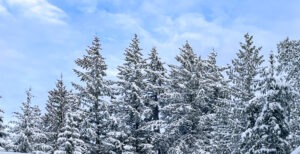 With fire season arriving earlier and burning longer each year, Whistler is pushing forward with a suite of new wildfire risk mitigation measures—ranging from forest fuel-thinning and emergency planning to updated bylaws and collaborative research. At the heart of the work is a recognition wildfires are no longer rare events, but a growing threat made worse by climate change. “We are acutely aware that the wildfire risk is rising in Whistler and it’s the single biggest climate change related risk and vulnerability for all of us here,” said the Resort Municipality of Whistler’s (RMOW) manager of climate and environment Luisa Burhenne at the May 13 council meeting. The RMOW has treated more than 100 hectares of high-risk forest, representing about one-third of its 2030 target.
With fire season arriving earlier and burning longer each year, Whistler is pushing forward with a suite of new wildfire risk mitigation measures—ranging from forest fuel-thinning and emergency planning to updated bylaws and collaborative research. At the heart of the work is a recognition wildfires are no longer rare events, but a growing threat made worse by climate change. “We are acutely aware that the wildfire risk is rising in Whistler and it’s the single biggest climate change related risk and vulnerability for all of us here,” said the Resort Municipality of Whistler’s (RMOW) manager of climate and environment Luisa Burhenne at the May 13 council meeting. The RMOW has treated more than 100 hectares of high-risk forest, representing about one-third of its 2030 target.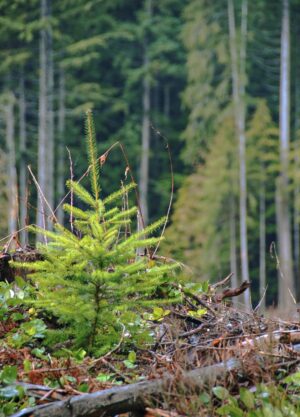 While the persistent, multi-year presence of a destructive pest known as spruce budworm has been noted by Alberta Forestry and Parks, an entomologist for the provincial government said the localized impact is not yet considered an epidemic. “We mapped some minor infestations that are on private land south of the Sundre area,” said Forest Health Specialist Caroline Whitehouse. “That kind of extends along that narrow band of spruce between the public forest and private land all the way west of Diamond Valley,” Whitehouse said. “And then it does peak into the Kananaskis forest area a little bit, but it’s really quite minor in that region”… Steve Bouchet, owner of Everblue Nursery who first established a plantation near Sundre in 1996, said he is less worried about his own tree farm where he can deploy mitigation strategies to attack the aggressive pest but harbours concern about damage trees in the greater area could suffer.
While the persistent, multi-year presence of a destructive pest known as spruce budworm has been noted by Alberta Forestry and Parks, an entomologist for the provincial government said the localized impact is not yet considered an epidemic. “We mapped some minor infestations that are on private land south of the Sundre area,” said Forest Health Specialist Caroline Whitehouse. “That kind of extends along that narrow band of spruce between the public forest and private land all the way west of Diamond Valley,” Whitehouse said. “And then it does peak into the Kananaskis forest area a little bit, but it’s really quite minor in that region”… Steve Bouchet, owner of Everblue Nursery who first established a plantation near Sundre in 1996, said he is less worried about his own tree farm where he can deploy mitigation strategies to attack the aggressive pest but harbours concern about damage trees in the greater area could suffer.

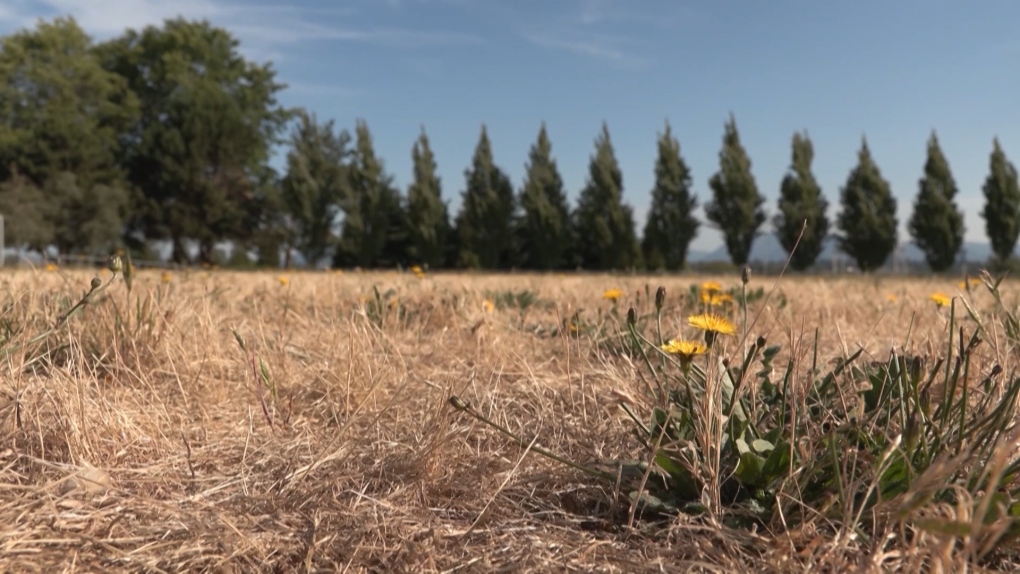

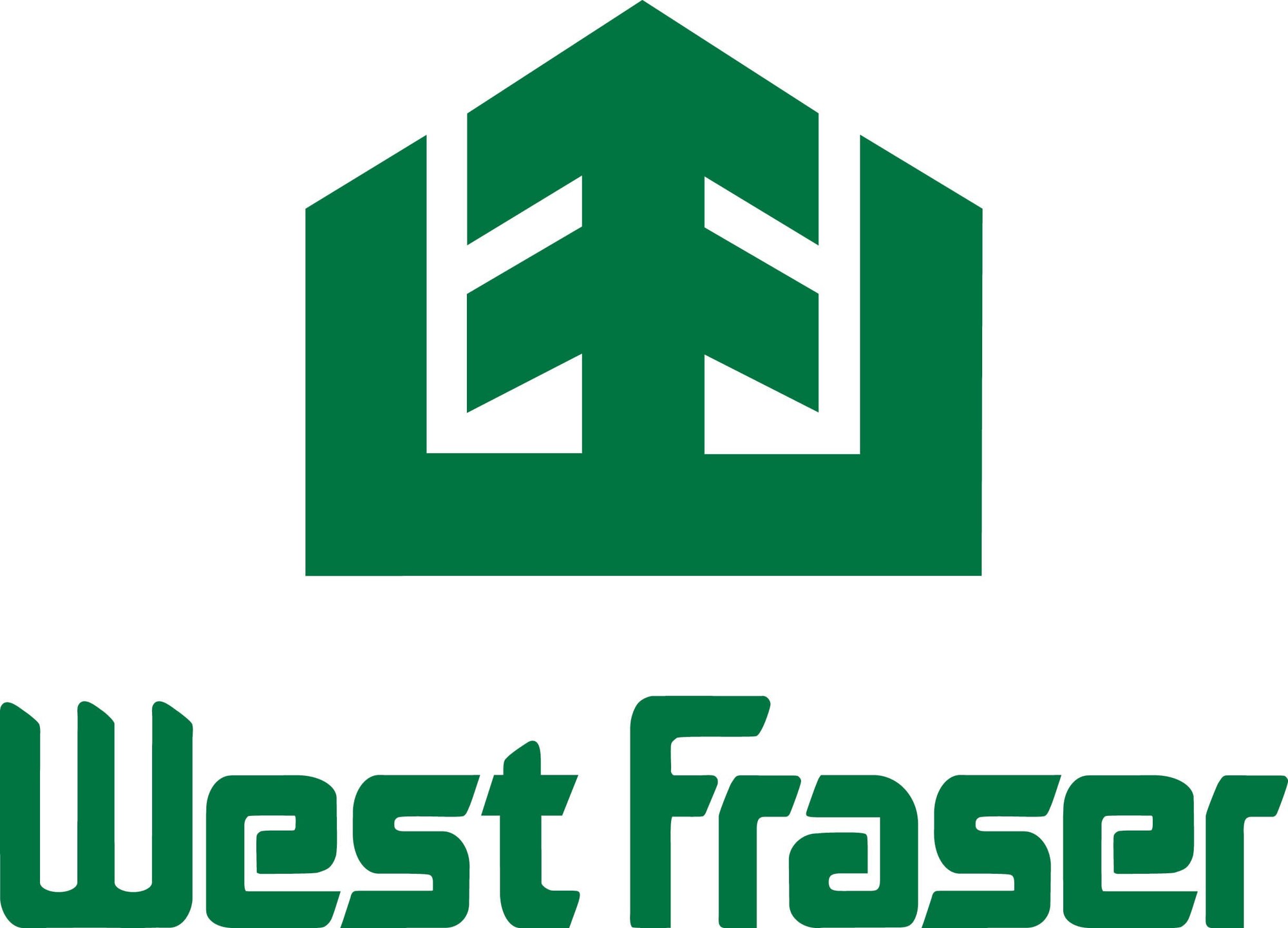
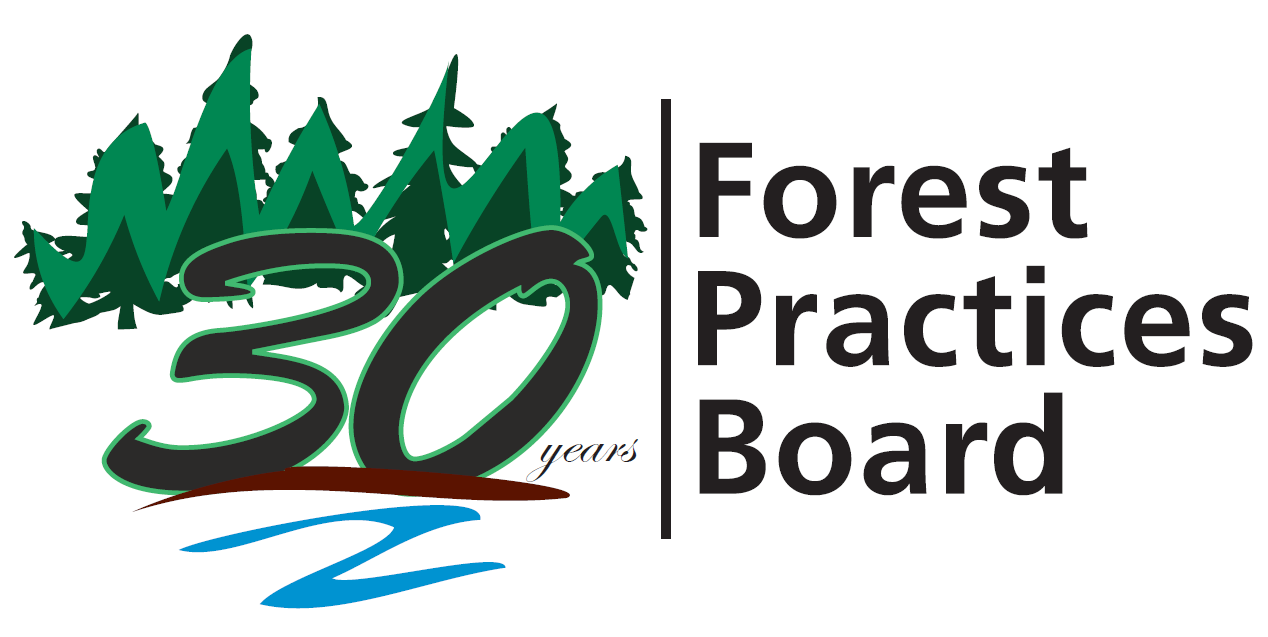

 A new University of Alberta study calculates that there are 277 billion trees in the North American boreal forest, including 30 billion in Alberta, and it could benefit climate mitigation. Estimated using a sophisticated machine learning algorithm, the numbers are 31 per cent higher than a count made through an earlier attempt in a major 2015 global study. “Our research provides by far the most accurate and credible answer to the question of how many trees are in our boreal forests,” says study lead Fangliang He, a forest ecologist and Canada Research Chair in Biodiversity and Landscape Modelling in the Faculty of Agricultural, Life & Environmental Sciences. The work fills a crucial knowledge gap that “reduces the uncertainty in estimating and managing tree density to promote forest productivity that enhances forest carbon sink potential,” he adds. “Knowing that there are 31 per cent more trees than previously estimated suggests our boreal forests have greater capacity to mitigate climate change.”
A new University of Alberta study calculates that there are 277 billion trees in the North American boreal forest, including 30 billion in Alberta, and it could benefit climate mitigation. Estimated using a sophisticated machine learning algorithm, the numbers are 31 per cent higher than a count made through an earlier attempt in a major 2015 global study. “Our research provides by far the most accurate and credible answer to the question of how many trees are in our boreal forests,” says study lead Fangliang He, a forest ecologist and Canada Research Chair in Biodiversity and Landscape Modelling in the Faculty of Agricultural, Life & Environmental Sciences. The work fills a crucial knowledge gap that “reduces the uncertainty in estimating and managing tree density to promote forest productivity that enhances forest carbon sink potential,” he adds. “Knowing that there are 31 per cent more trees than previously estimated suggests our boreal forests have greater capacity to mitigate climate change.” The Telkwa Caribou Road Restoration project has received a commitment of $278,257 over three years from the Habitat Conservation Trust Foundation. This project will benefit the Telkwa caribou herd through the reclamation of approximately 100 kilometres of road that will according to the project, reduce interactions of caribou with predators, increase habitat availability and access for predators to alternative prey, and increase intact caribou habitat (mature, old-growth forest) into the future. Senior conservation planning biologist Laura Greene said the Telkwa caribou herd has been a conservation concern since the late 1960s. Increasing landscape change, such as logging, road-building, human settlement, etc., is what has driven the decline of the Telkwa caribou, Greene explained. Habitat alteration can result in the direct loss of habitat for caribou, a decrease in habitat quality, and/or a shift in the predator-prey dynamics, resulting in more caribou being killed by predators.
The Telkwa Caribou Road Restoration project has received a commitment of $278,257 over three years from the Habitat Conservation Trust Foundation. This project will benefit the Telkwa caribou herd through the reclamation of approximately 100 kilometres of road that will according to the project, reduce interactions of caribou with predators, increase habitat availability and access for predators to alternative prey, and increase intact caribou habitat (mature, old-growth forest) into the future. Senior conservation planning biologist Laura Greene said the Telkwa caribou herd has been a conservation concern since the late 1960s. Increasing landscape change, such as logging, road-building, human settlement, etc., is what has driven the decline of the Telkwa caribou, Greene explained. Habitat alteration can result in the direct loss of habitat for caribou, a decrease in habitat quality, and/or a shift in the predator-prey dynamics, resulting in more caribou being killed by predators.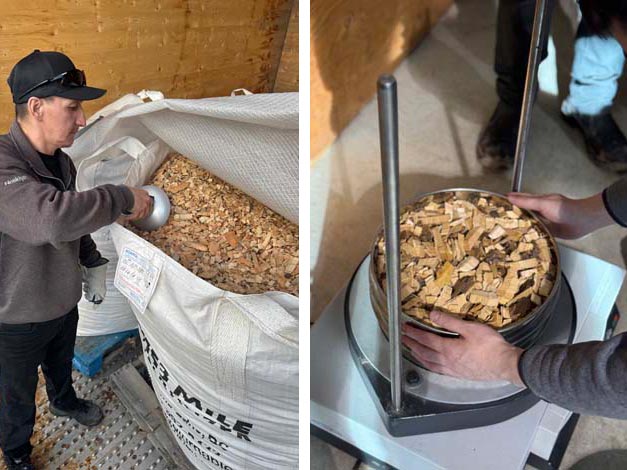
 Flags have been lowered to half-mast at the Manitoba Legislative Building to honour two people who died after being trapped by an out-of-control wildfire in the rural municipality of Lac du Bonnet. Premier Wab Kinew, who offered condolences to the family, friends and community members of the victims, called the move “a small gesture towards the sympathies that we feel and how this latest turn in this year’s wildfire situation hits on a different emotional level.” “The news of this loss of life changes what was an emergency into a tragedy,” he said at a Thursday morning news conference. …Kinew urged people heading into the May long weekend — traditionally the unofficial start to summer and camping season — to listen to evacuation orders and stay out of areas where emergency crews are working. As of Thursday, there are 21 fires burning in the province, with a total of 80 recorded so far this season…
Flags have been lowered to half-mast at the Manitoba Legislative Building to honour two people who died after being trapped by an out-of-control wildfire in the rural municipality of Lac du Bonnet. Premier Wab Kinew, who offered condolences to the family, friends and community members of the victims, called the move “a small gesture towards the sympathies that we feel and how this latest turn in this year’s wildfire situation hits on a different emotional level.” “The news of this loss of life changes what was an emergency into a tragedy,” he said at a Thursday morning news conference. …Kinew urged people heading into the May long weekend — traditionally the unofficial start to summer and camping season — to listen to evacuation orders and stay out of areas where emergency crews are working. As of Thursday, there are 21 fires burning in the province, with a total of 80 recorded so far this season… A major wildfire burning in central Canada has killed two people and forced 1,000 more to evacuate their homes, kicking off a fire season authorities warn could prove devastating. Canadian federal police confirmed on Wednesday that two people died in the small community of Lac du Bonnet, in the central province of Manitoba, which is experiencing unusually hot, dry and windy conditions. Manitoba’s premier, Wab Kinew, said he was “deeply saddened to learn of the tragic loss of two Manitobans due to the wildfires”. “My heart goes out to their loved ones,” he added in a post on Twitter/X. In 2023, during Canada’s worst wildfire season, there were no recorded civilian deaths. Chris Hastie of the Royal Canadian mounted police told reporters that authorities “were aware that these individuals had been trapped in the fire”.
A major wildfire burning in central Canada has killed two people and forced 1,000 more to evacuate their homes, kicking off a fire season authorities warn could prove devastating. Canadian federal police confirmed on Wednesday that two people died in the small community of Lac du Bonnet, in the central province of Manitoba, which is experiencing unusually hot, dry and windy conditions. Manitoba’s premier, Wab Kinew, said he was “deeply saddened to learn of the tragic loss of two Manitobans due to the wildfires”. “My heart goes out to their loved ones,” he added in a post on Twitter/X. In 2023, during Canada’s worst wildfire season, there were no recorded civilian deaths. Chris Hastie of the Royal Canadian mounted police told reporters that authorities “were aware that these individuals had been trapped in the fire”.
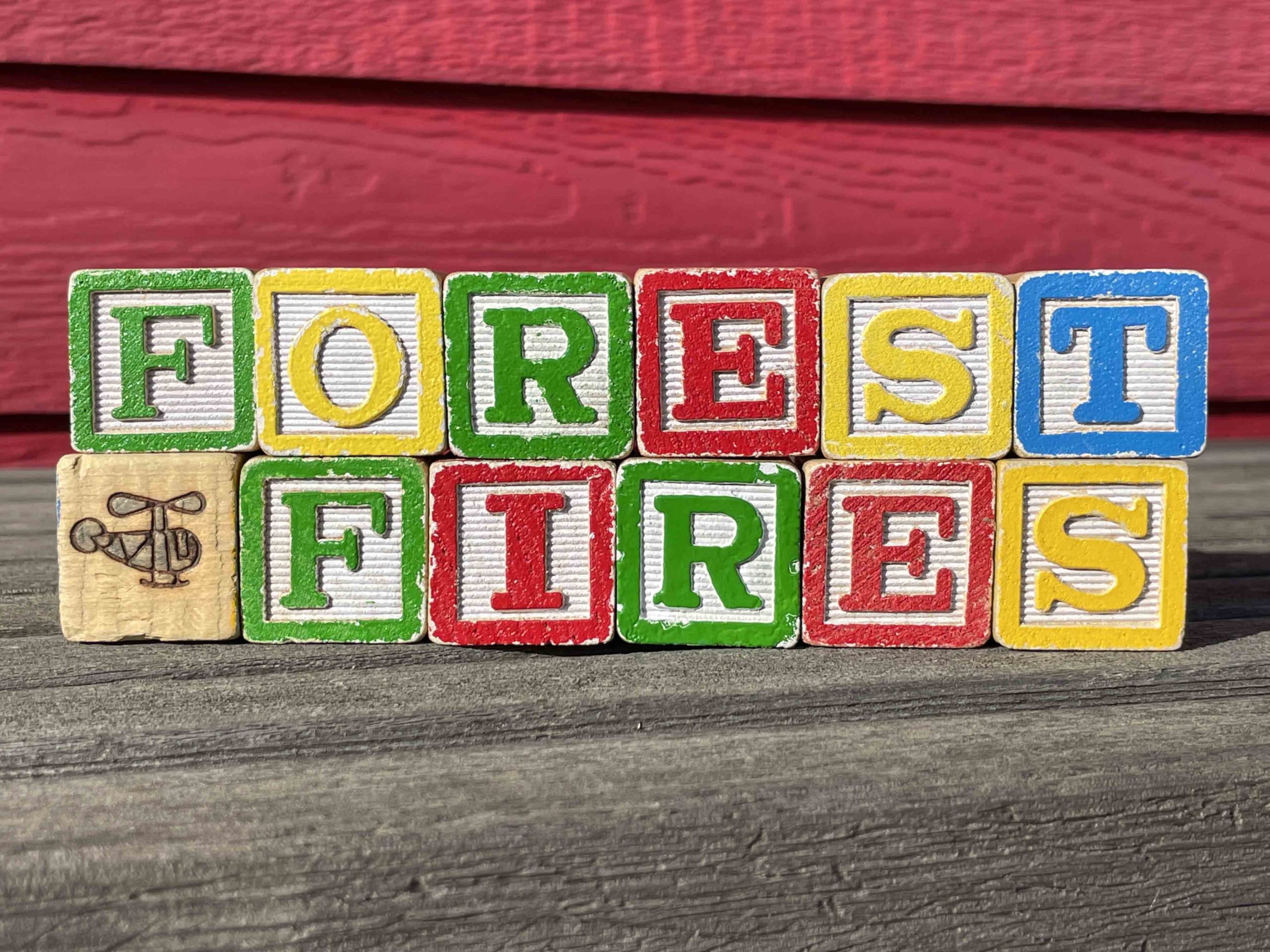 Dozens of firefighters from British Columbia arrived in Manitoba over the weekend to help local first responders battle an out-of-control wildfire in northern Manitoba. Manitoba Premier Wab Kinew said Friday he put out a call to the Canadian Interagency Forest Fire Centre (CIFFC) for help from other jurisdictions to fight the flames. British Columbia responded, sending 42 firefighters. “I’m just happy to say that B.C. has answered the call. We’re there for other provinces. I know they’ll be there for us,” Kinew said at a news conference Friday. According to Manitoba’s fire map, a 20,000-hectare fire west of The Pas was still burning out of control as of Monday morning. It broke out over a week ago, engulfing 100 hectares, with heavy winds and little moisture causing it to more than quadruple in size in 24 hours.
Dozens of firefighters from British Columbia arrived in Manitoba over the weekend to help local first responders battle an out-of-control wildfire in northern Manitoba. Manitoba Premier Wab Kinew said Friday he put out a call to the Canadian Interagency Forest Fire Centre (CIFFC) for help from other jurisdictions to fight the flames. British Columbia responded, sending 42 firefighters. “I’m just happy to say that B.C. has answered the call. We’re there for other provinces. I know they’ll be there for us,” Kinew said at a news conference Friday. According to Manitoba’s fire map, a 20,000-hectare fire west of The Pas was still burning out of control as of Monday morning. It broke out over a week ago, engulfing 100 hectares, with heavy winds and little moisture causing it to more than quadruple in size in 24 hours.